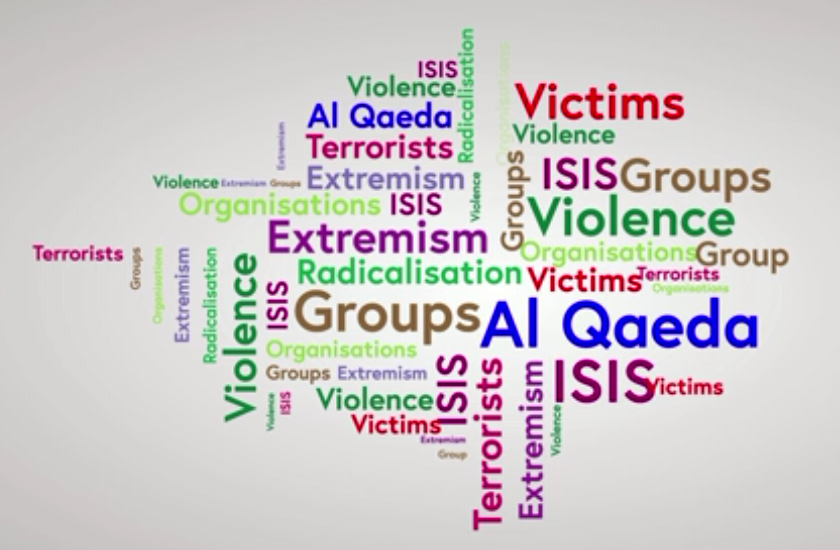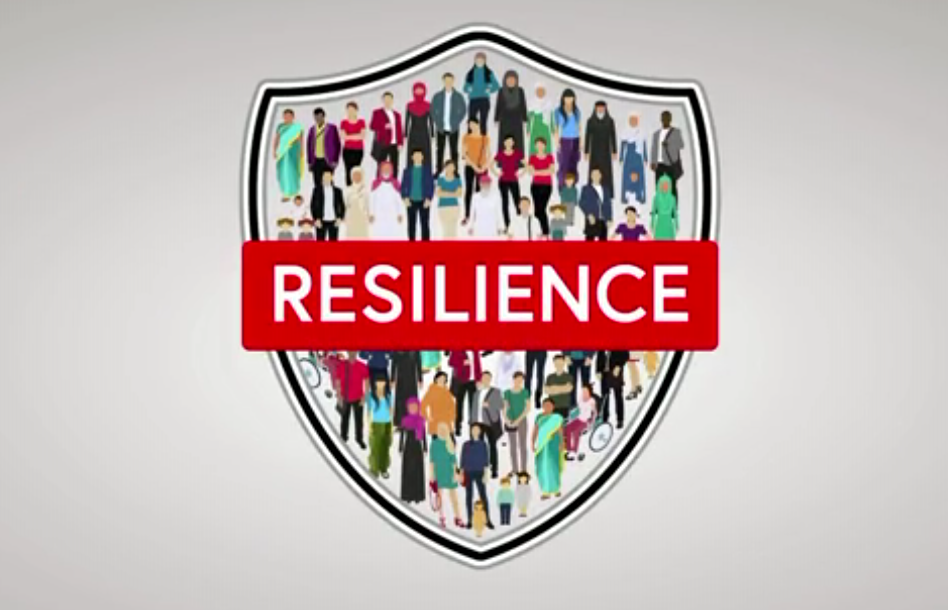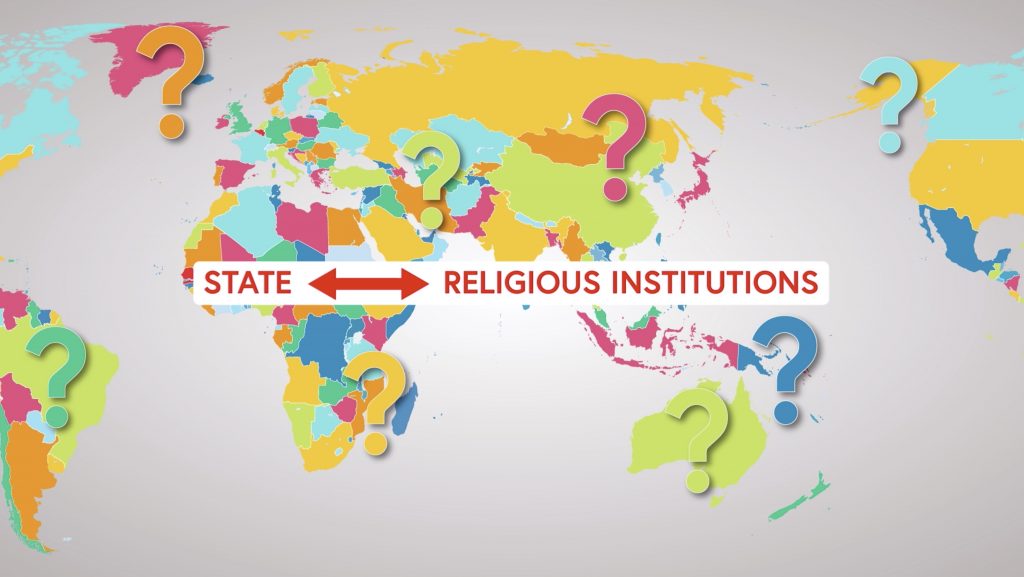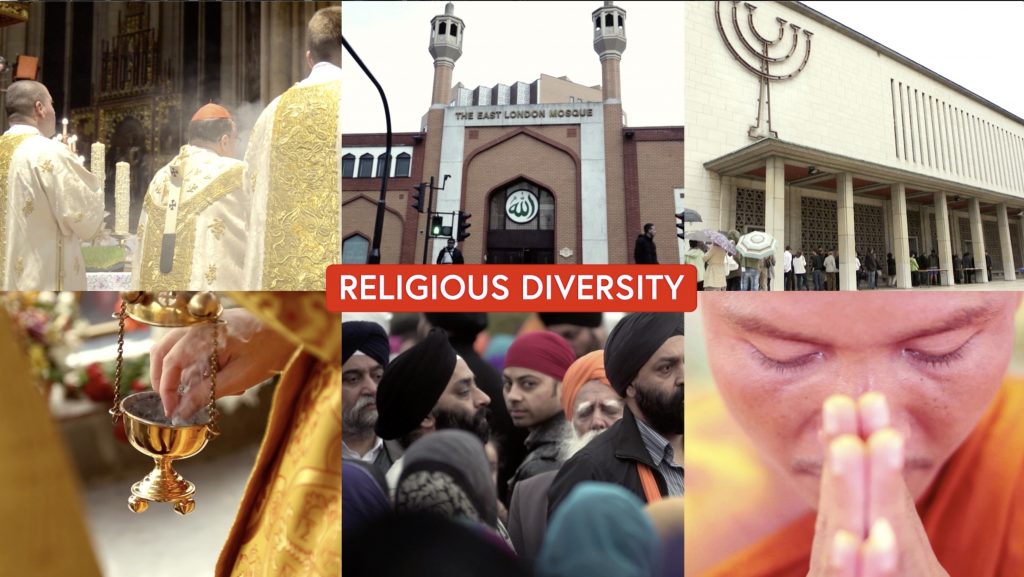MOOCS
Aimed at younger people, mid-career professionals and anyone who has an interest in religious governance and radicalisation, our online courses were available to anyone with an internet account and an email address. These popular learning tools are known as “MOOCs”, short for Massive Open Online Courses (massive because they are aimed at unlimited participation and open because they are openly accessible on the internet). These courses will continue to be offered for a limited time after the project concludes.
RELIGION, RADICALISATION, RESILIENCE
RUNNING NOW (started 24 October 2022)
How is this course structured?
In this course you will consider the definition of radicalisation and what forms it takes. You will then get basic training in how to develop a community resilience programme against radicalisation and terrorism.
- Explore issues related to radicalisation and religious violence.
- Learn how to build resilience within communities and schools.
- Examine terrorist events and their consequences.
- Hear from key experts seeking to explain how people were driven to become radicalised and engage in terrorist violence.


GOVERNING RELIGION: GLOBAL CHALLENGES AND COMPARATIVE APPROACHES
Next start date: 06 February 2023
This course looks at state-religion relations in different parts of the world. After reviewing how such models may emerge out of different historical processes, it urges students to configure what they regard as the best possible model.


The content modules of this course explore central questions concerning governance of religion, such as:
- Why is religion and religious diversity often seen as a problem today?
- What are the dominant models for governing religion in Europe? What are their strengths and weaknesses?
- How are state-religion relationships regulated in the MENA region (Middle East and North Africa)?
- How is religion and religious diversity governed in South and Southeast Asia?
- What can be learned from European and Asian experiences in dealing with religious diversity?
